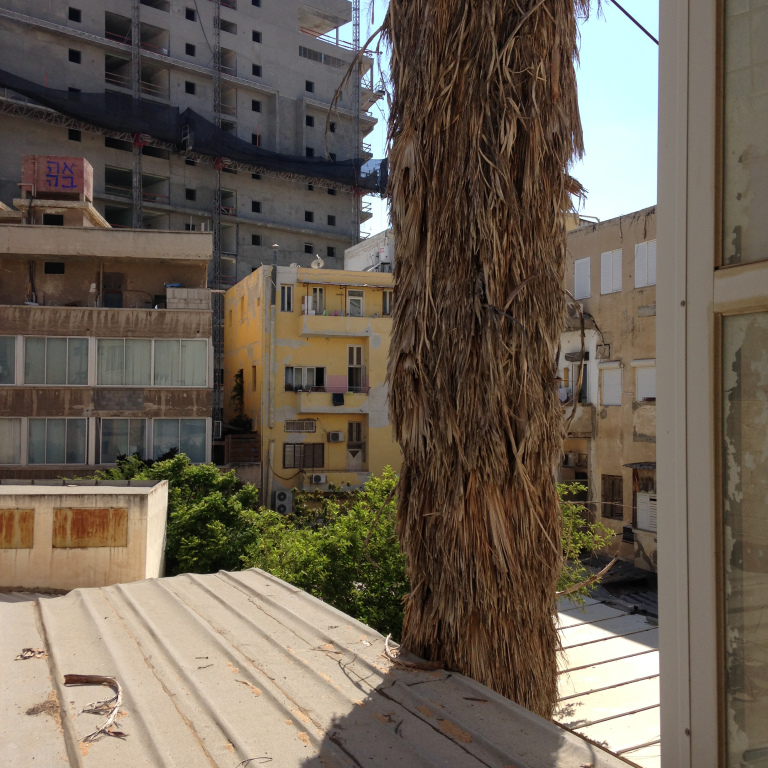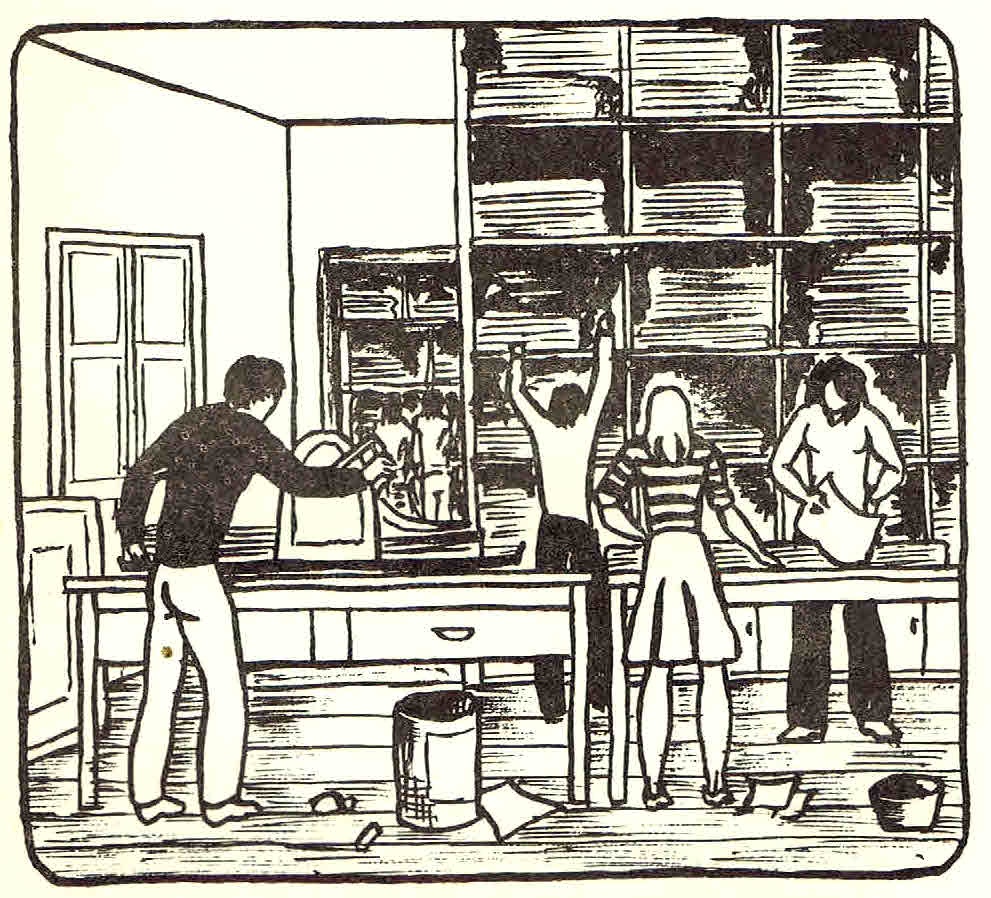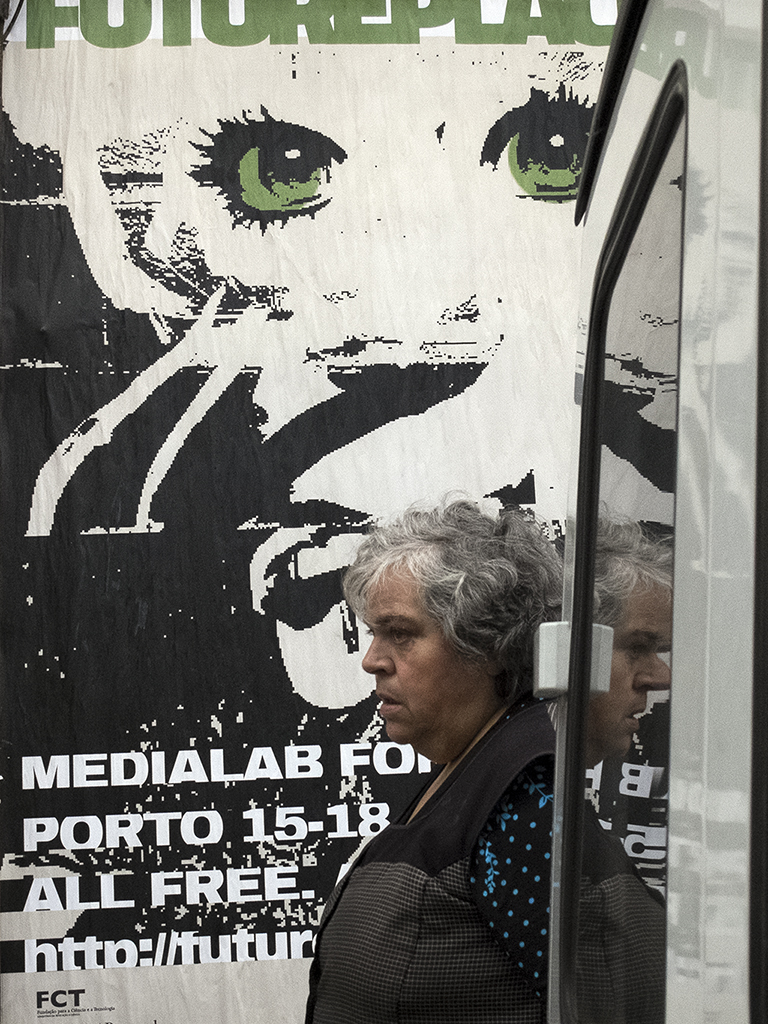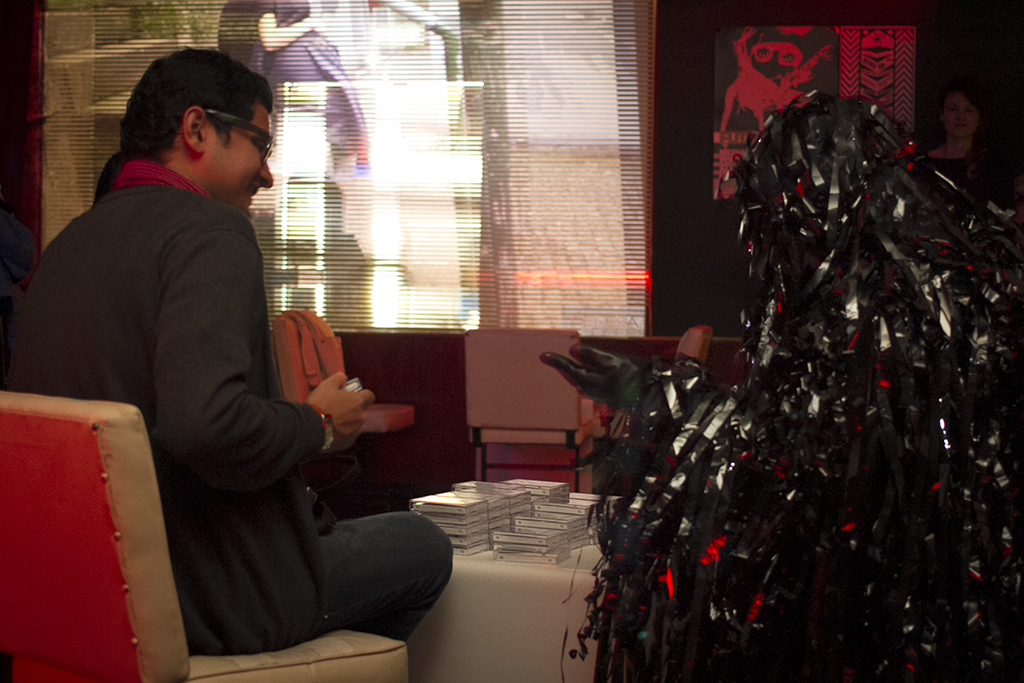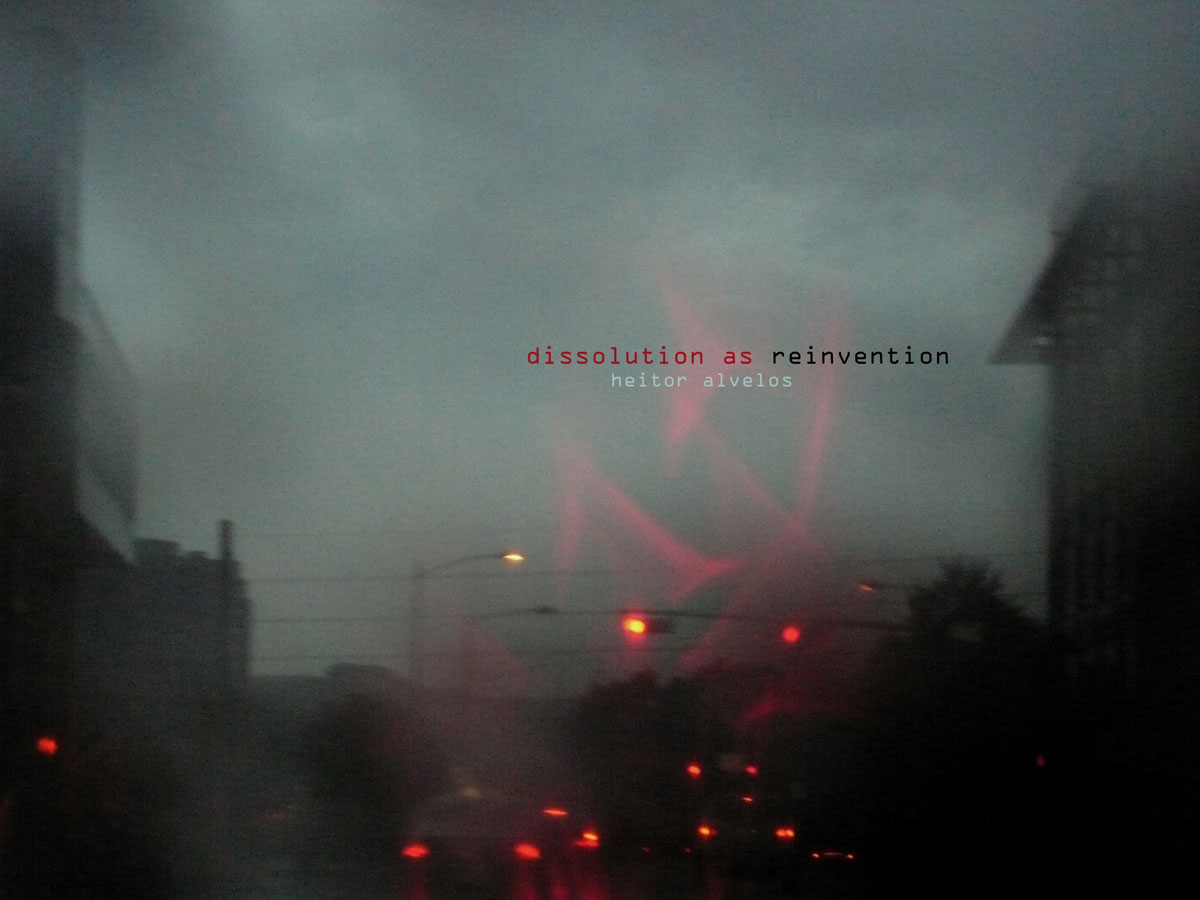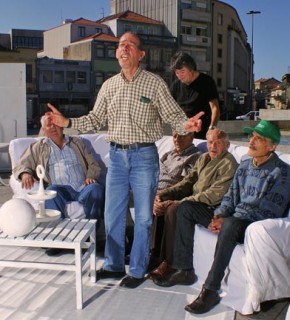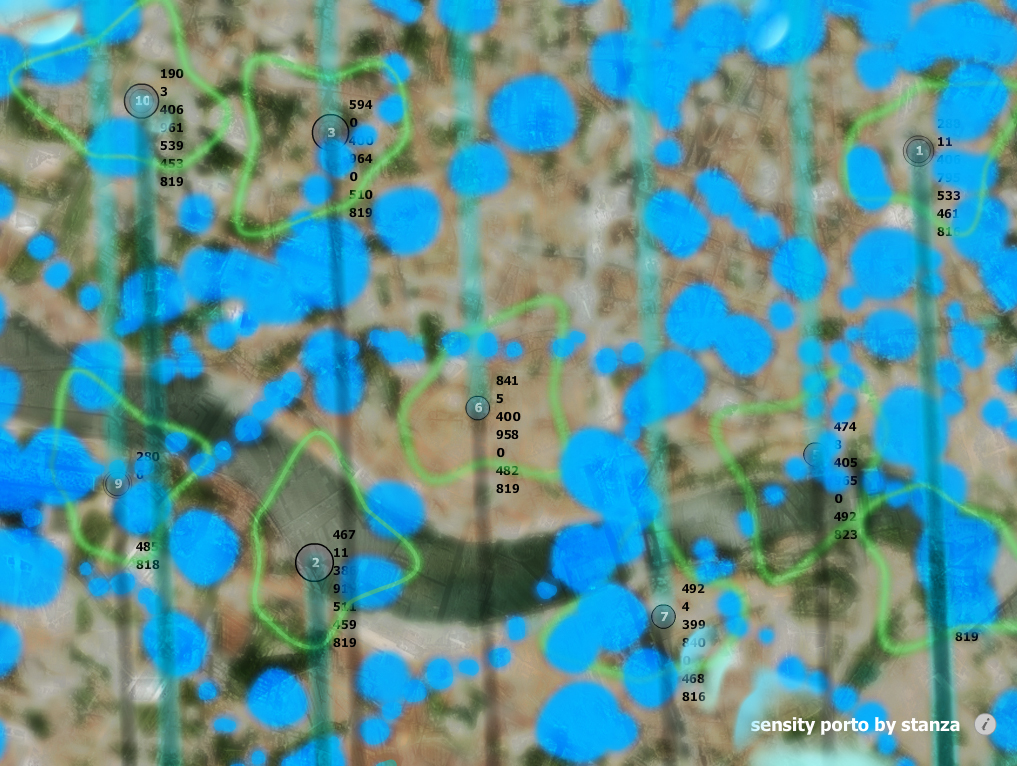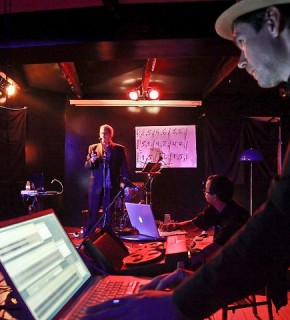Every single morning after waking up I go through my daily routine of digital connectivity. Sleeping, seems to be just an hiatus on the state of ubiquitous connection that some of us experiment on a regular basis, it appears as a mode very similar to the one present in the cluster of machine apparatus with which some of us currently engage to perform our daily existence of talking, listening, working, or making sense of our surroundings. Some of us log out at night only to reconnect a few hours later, in the meantime, during our few hours of unconsciousness rest, the world keeps spinning like it always did, with the exception that in current times, the inexorability of the time-timeline in the form of a global conversation is as present as it ever was.
Waking from my sleeping mode and sensing my surroundings, as one imagine it would be in memorial times or as still is in the wildlife, starts with a quick look at the twitterverse, which at times, can also be a pretty wild environment. My personal network is not that big, in fact I think it´s the smallest type of twitter networks, it´s so small I don´t even bother to parse it in groups, and as far as I´m concerned it’s as big as I want it to be, it´s what I call a sustainable network of friends, a few popular thinkers, and some specific blog-output related to personal research. Of course, a small network also as its downsides, you can hardly ask her questions and hope for diverse input on any subject, it´s a limited information source, the upside is that friendly and noise-free trusted advice is at the tip of the keyboard. You might say that I´m at stakes with what I want my twitter experience to be, a simple streamlined and unadulterated flux of thoughts of my own curatorial choice, and what twitter can be, noisy, dense, complex but, maybe more interesting and challenging in its unfiltered plurality.
My own efforts in keeping my personal feed clean, minimal and sober, are in line with a strong desire of manageability. How much can one take of everything all the time? How much data is too much to turn information useless to personal knowledge or wisdom? Where to draw the line without blacking out or isolating important voices? When and how is the global conversation of any use to me, or to some of us, sitting right here, right now? Data is on its way to be free—they say, its sensing as information is as rich as its context let it be, it seems that more context is what we need, more context that means something to us, more local context to fuel our local existence if, after all, it still is indeed local.
The quest for context, twitter-wise, is right in between the personal and the public timelines of the conversation flux. I´ve been enjoying a lot, and this is twitter-talk, the nearby feature on my regular twitter client. The nearby feature displays nearby tweets based on my current location, so after looking at my personal, uncluttered and custom-built network, I go on to lurk on the nearby timeline hoping to turn the global experience into a more familiar endeavor, one that is full with local flavors and colors. The nearby timeline it’s an open door to a representative sample of my surroundings’ zeitgeist, an extended neighborhood of thoughts and rants, more or less conscious of their public nakedness. While some of the liners are well aware of their audience of followers and tweet in some sort of newscast model, others are really conversing they’re tiny banalities, and it is precisely this plural informality, so rich, resourceful and charming, that is so in harmony with what a free and vivid exchange should look like.
A gigantic public timeline is as private as its scale, there, your personal thoughts are as distinct as a salmon swimming upstream. Now, the nearby timeline it’s more like a small pond and as such it’s soaked with local context and atmosphere. Thinking about dochakucha, which is the japanese origin of the term glocalization, and that I would loosely translate as taking something generic and adapt it to local use, I don´t even know if this specific client feature can still be seen as a step in glocalization as a marketing tool, it appears more of a natural current condition, wether one is a mere recipient or an active player. In the words of sociologists Hampton & Wellman (1990), as common glocals, and deeply immersed in glocalized environments, some of us are actively involved in both local and wide-range activities, wether by friendship, kinship or commerce, when not everyone of them at once, because as I see it, the difference between these genuine human activities is once again blurring, now as an outcome of the social networked economy.
So, I ask myself, is the networked culture something we can actually use to build communities and activate local economies? In the social-network model, and from a corporative point of view, it’s a lot harder to keep the cake and eat it, the network as proved to be highly unstable and acutely critical, it’s not so easy to spread your corporate preaching in such an environment. On a personal perspective, It’s also true that in making sense of what my peers are saying, thinking or doing, really creates an awareness that can also be understood as some sort of social glue. It surely beats any other established corporate media, many times so strongly biased and deeply manipulative. Multicasting is then both as extremely resilient and highly creative channel model, but is any collective action already resonating from such environments? Are we, and lets not forget for a moment that those we are most of the time no more than the few lucky network empowered, already doing something for our local cultures? It is precisely this conundrum of the global-everything turning into local-something that as a festival, in its second edition, Future Places is once again audaciously addressing. As a former future place, and as the new journey begins, I wish them all godspeed!


